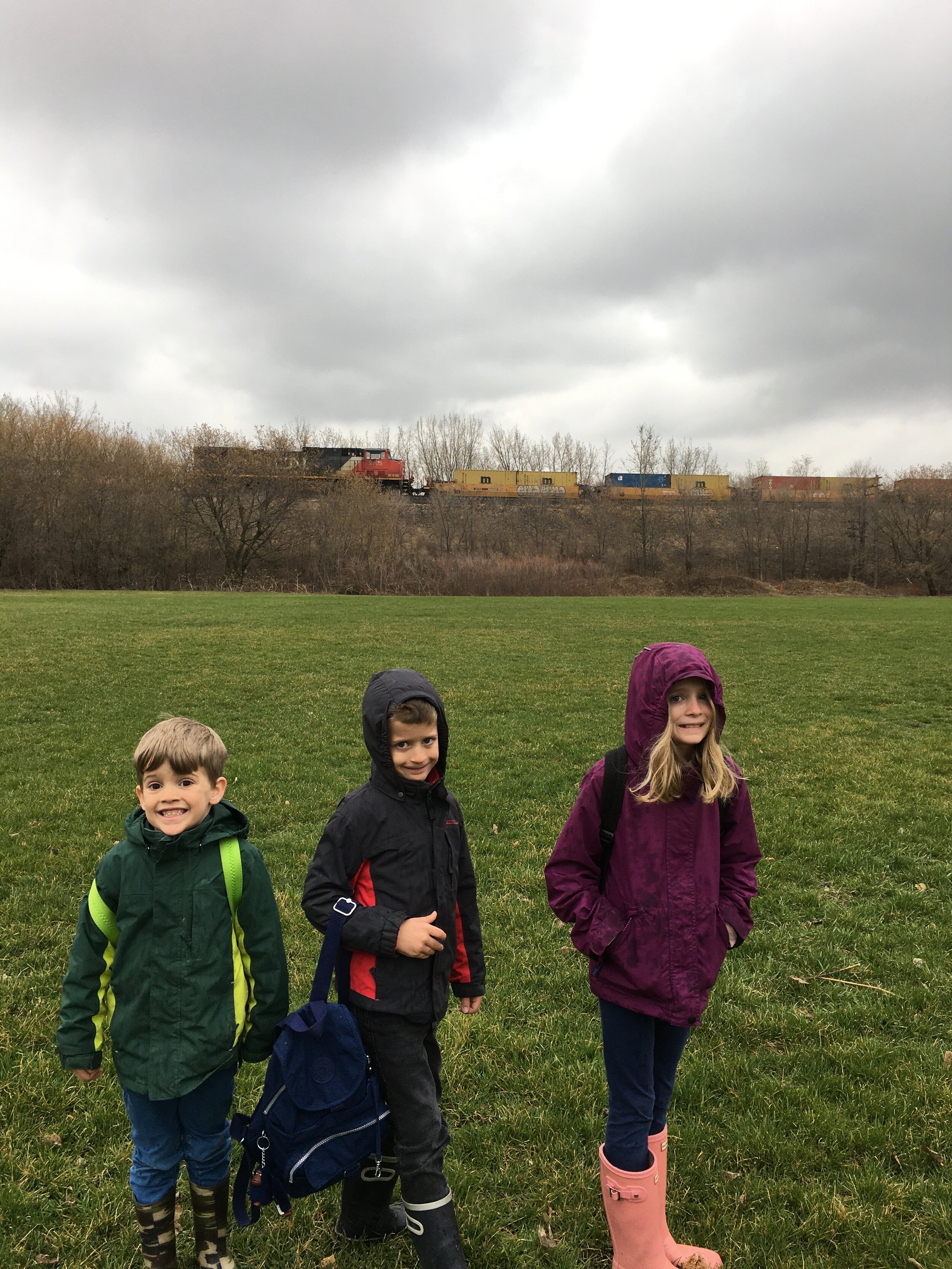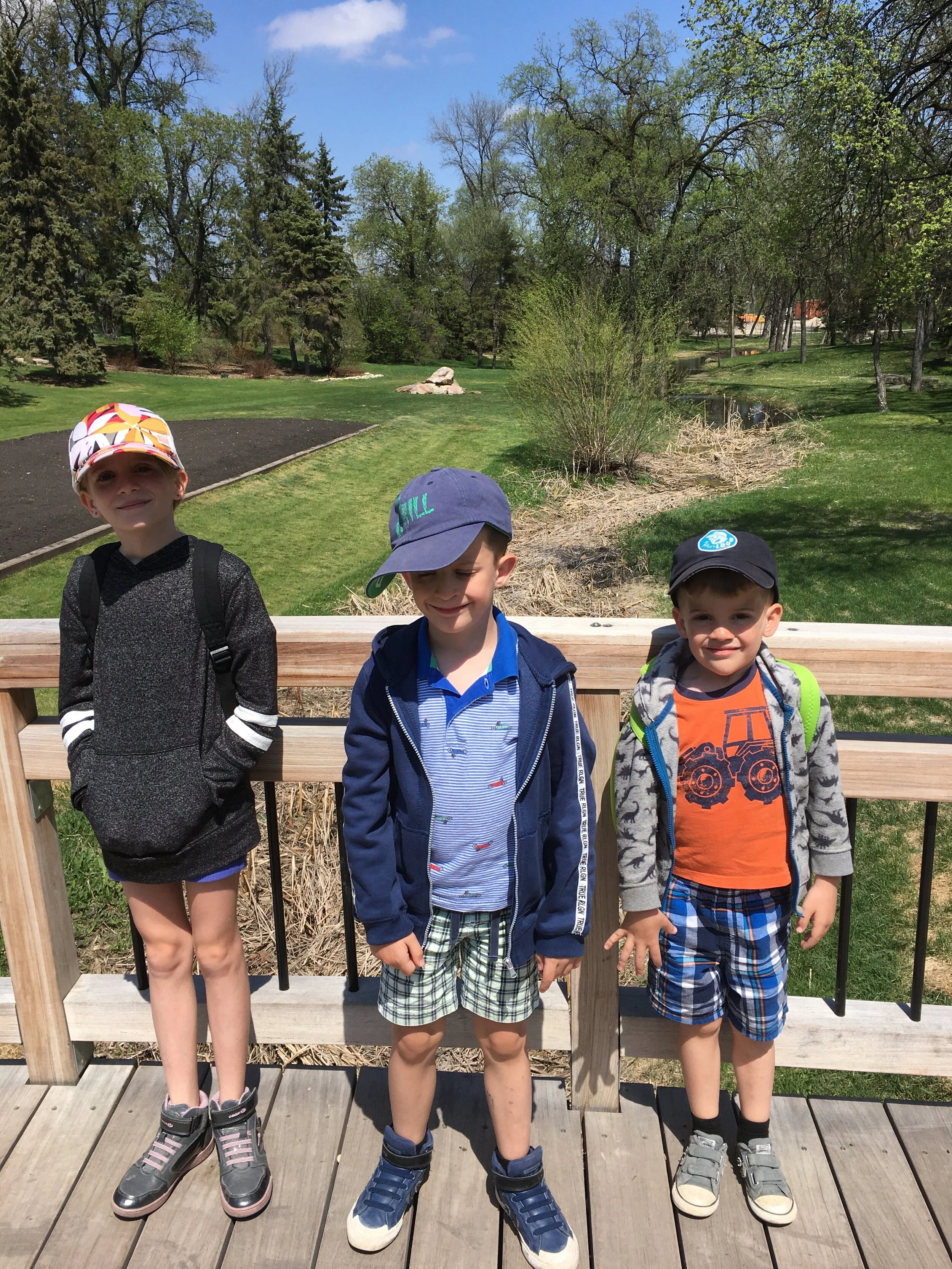It is silly, isn't it? To take pride in bucking trends? It's this illusion of standing apart from the crowd when such distinctions are, yes, a little narcissistic. It's like saying, "I win!" to no one, for nothing. It all started with toilet paper.
Toilet paper
I went to Costco and did regular shopping just as the Coronavirus loomed on the horizon. I pretended not to care. I looked down my nose at the gentleman in a jean jacket and silver white hair who had a cart full of toilet paper and nothing else. I did not buy toilet paper. It wasn't on the list, and I wasn't going to panic. Two days later, my mother-in-law needed toilet paper. I hadn't checked with her before going to Costco and now Costco had lines that circled the parking lot and the weather was cold and I refused to stand in line like that. We haven't been to Costco except recently, for dog food.
Bread-making
I haven't made bread yet. I kind of wanted to join in on this one, but also, I'm realistic about the commitment and plan to only make bread when I have less things to do: i.e. when the children are teens or the dog is trained, or school starts with attendance.
Hobbies
I love puzzles and complete thousand-piece ones in the matter of a week. Buying puzzles would get expensive. Besides, our dining room table was being used for school-at-home. I got back in to crochet. I made a blanket and started a second. The weather turned warm and this second blanket is progressing more slowly because there are weeds to pull instead of stitches to count. I started blogging, daily, as an exercise. I have a hundred-and-a-half-day streak of learning German on two apps. Learning German was intended to crowd out other iPhone distractions.
Dog-owning
We got a puppy, but to anyone who mentions that everyone has got a dog, we offer this useless précis: we hatched the plan to get a puppy last year. It wasn't a last-minute Covid-related decision. Nonetheless, we realize, we were lucky... puppies were in high demand this year.
Potatoes
We plant a garden every year: beans, tomatoes, cucumbers, zucchini, peas, potatoes. These are the things that grow well in our yard. This year, there are no potatoes. The greenhouse had a shortage of seed potatoes. It feels a little strange: potatoes are in our ancestry, both sides.
I wonder about that need for distinction, apartness. I'm pretty sure, writing this now, that it is an illusion. Or maybe more of a game really. Have you ever been in front of a door as it was closing, and successfully judged that you could slip through without getting caught in the handle? Gauging your life against the trends feels like that.















